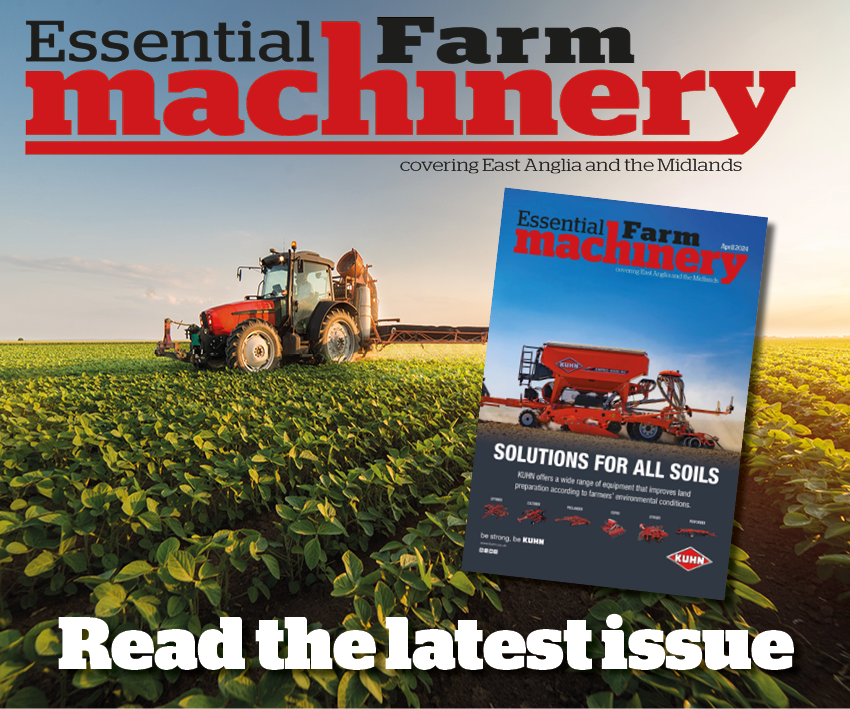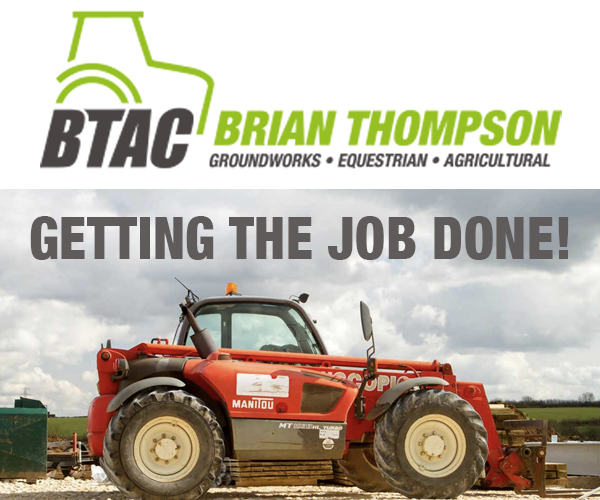Strength in numbers
Farmers who purchase inputs though a buying group obtain competitive prices, secure supplies and independent advice too.
Suffolk-based Fram Farmers is helping growers and livestock producers source vital inputs at competitive prices – working to ensure that farm businesses remain viable despite soaring ag-inflation.
Formed by a group of farmers in and around the small market town of Framlingham in the 1960s, today Farm Farmers has members right across the country. But it remains true to its roots with a simple, transparent and effective business model.
Run as a true not for profit farmer-owned cooperative, rather than a large for profit corporate business, Fram Farmers purchases over £230m of products and services annually on behalf more than 1400 members – and achieves extremely competitive prices in the process.
Classically, farmer-owned groups like Farm Farmers deliver value to members by using their combined buying power to obtain good prices on farm inputs. That still holds true – but chief executive Andrew Knowles says it is about much more than that.
“Value these days is about much more than price – it’s about securing and ensuring supply of the products you need when you need them. This is especially important at a time when supplies of vital inputs such as fuel and fertiliser are disrupted.”
Family farms and businesses, previously happy to trade in isolation are increasing looking at the likes of Fram Farmers because the relationship it has with suppliers means the cooperative can source hard-to-get inputs when individual farmers often cannot.
First in queue
“Because of our size, demand forecasting and long term supplier relationships, we make sure that we’re first in line on behalf of our members when it comes to securing products,” says Mr Knowles. “It is about price and supply – and the ease of doing business, which is increasingly important.”
Because it is farmer-owned, Fram Farmers works on behalf of its members. Experts within each buying department provide members with direct access to objective advice about the most suitable products without unfairly favouring one brand or supplier over another.
“We’re quite unique in that we are not trying to sell or convince our members to purchase any specific product or brand, We focus on securing and delivering the products our members actually want. So it’s more than just price. It’s price, the advice we are able to give – and convenience.”
For a farmer, being a member of a buying group is like having an additional invisible member of staff working on their behalf, adds Mr Knowles. And it often means any necessary purchases can be sorted out in a single phone call.
Unlike many other buying groups, Fram members pay a fixed fee. This means the more members purchase through the group the more they gain and save. “It also means the Fram team build closer links and better understanding of individual member businesses and needs, because we’re talking to each other more often.
“If you liken buying groups to mobile phones Fram is like the fixed monthly contract as opposed to the pay as you go. The result is that individual members’ turnover thought the group is much higher than other type of groups who work on a pay as you go type model.

Loyal to members
“We’re a cooperative that has been in existence for over 60 years – and we’re absolutely loyal to that concept. But that doesn’t mean that we are not as commercially astute and agile as the national and international suppliers we work with. We also recognise that our members value being able to do business by speaking with somebody they know and trust as well as clicking a button to order things via our online portal.
“As a not for profit cooperative, transparency and integrity is key to what we do. People pay a membership fee and that is it. There are no backhanders or retainers with suppliers. Any rebates or commission secured on behalf of members go straight back to our members bank accounts.”
UK agriculture is changing and Fram Farmers is changing with it, says Mr Knowles, who has been with the buying group for almost two years. Success is based on strong relationships with farmers, as well as suppliers, he adds.
“We’re much more than a merchant. As well as buying, we also offer advice and services in a wide range of areas such as farm grants, renewable energy and utilities. We are also one of only a few buying groups that has its own grain marketing service.
A successful buying group will only continue to exist if remains relevant to its members’ needs. That means constantly delivering value for money – and working in behalf of members and adapting to change.
“Our members have very broad needs – as their needs evolve, we have to evolve too. But I am also a strong believer that you should stick to what you’re good at rather than becoming a busy fool. And be very clear on what you do.”
Access to experts
On the rare occasions Fram Farmers doesn’t have expertise in-house, the group is able to employ the services of external experts. This can be the case when a small proportion of members need a peripheral service.
“We will align with an external partner. It means we are able to offer a planning service, for example, even when we don’t have planning expertise within Fram, because we’re aligned with a planning consulting business and can call on their services.”
Partnerships are important when doing business, says Mr Knowles, especially when negotiating a price. “You can you can take one of two approaches: some people will go for the classic short term win-lose approach, but we prefer to go for win-win.”
Commercially robust
“It’s not about squeezing the last penny out of a single deal. Some organisations take that view and it might work the first time. But it seldom works a second time– in that scenario ultimately you end up with fewer suppliers who are less reliable.
“We much prefer to have commercially robust but mutually respectful relationships with our suppliers. We respect the fact that they need to stay in business – otherwise they won’t be around to supply us any more.”
With some suppliers, that means a very transactional relationship – when the time is right. But with others, it means a structured and strategic partnership where both parties are in it for the long-term – and share mutual goals that benefit our members.
Growers switch to SFI to fend off weather woes
News Apr 2, 2024
You can push through, says young farmer
News Mar 5, 2024
New glasshouse facility at Riseholme Campus
News Mar 5, 2024
Government makes pledge on UK food security
News Mar 5, 2024
Big farmland bird count gears up for 2024
News Jan 31, 2024












